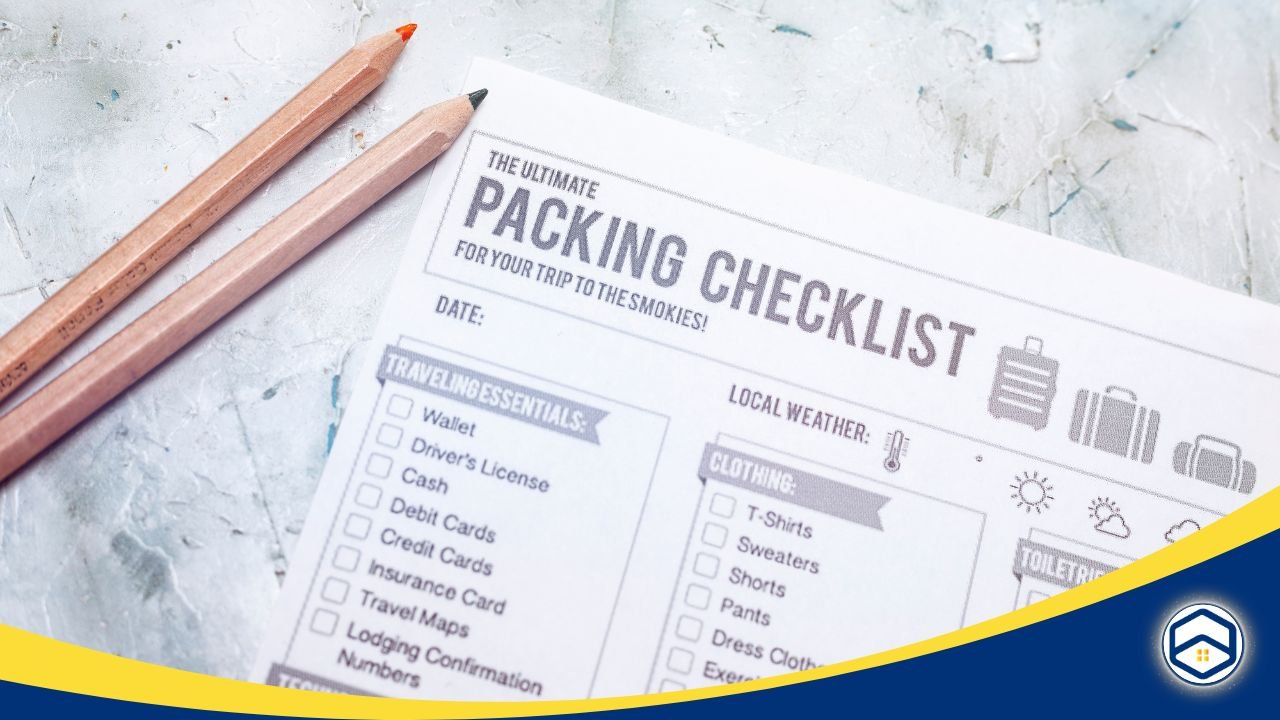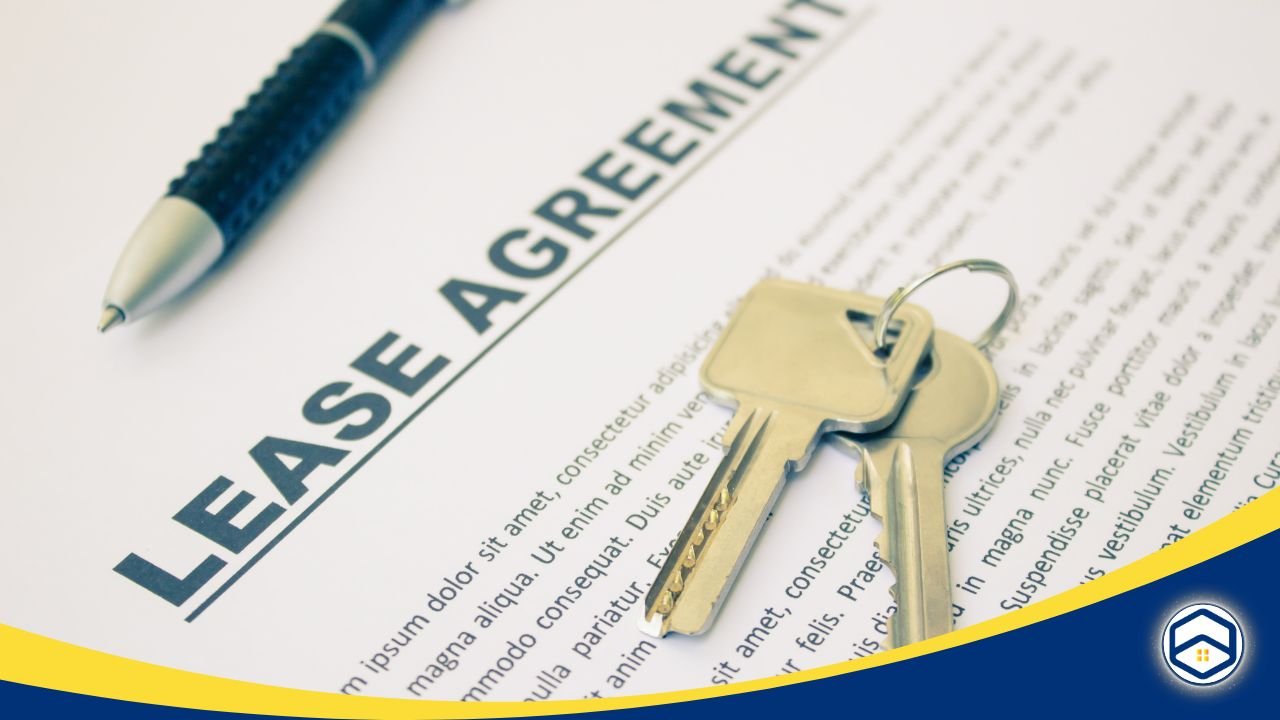Organizing a move in Conroe requires careful planning, especially for workers seeking affordable housing. Understanding rental regulations, pricing insights, and practical tips can make the transition smoother. This comprehensive guide provides valuable information to assist you in your relocation journey.
Understanding Rental Regulations When Organizing a Move in Conroe
Before moving, familiarize yourself with Conroe’s rental regulations to ensure compliance and protect your rights as a tenant.
Lease Agreements
- Written Contracts: Always insist on a written lease agreement outlining the terms and conditions of your tenancy. To understand Texas rental laws better, refer to the official Texas Property Code.
- Lease Duration: Typical leases in Conroe are for 12 months, but shorter or longer terms may be negotiable.
Security Deposits
- Limitations: Texas law does not specify a maximum amount for security deposits; however, landlords typically charge the equivalent of one month’s rent.
- Return Policy: Landlords must return the security deposit within 30 days after you move out, provided there are no damages beyond normal wear and tear. For full details, visit Texas Tenant Rights.
Tenant Rights and Responsibilities
- Maintenance: Landlords are responsible for maintaining the property in a habitable condition, including necessary repairs.
- Notice for Entry: While Texas law doesn’t specify a required notice period, it’s customary for landlords to provide advance notice before entering the rental property. For additional resources, see the Texas Attorney General’s Guide to Landlord-Tenant Law.

Rental Pricing Insights in Conroe
When organizing a move in Conroe, rental prices are a key factor to consider. Understanding the rental landscape in Conroe is essential to budget effectively and find the best deal. Here’s a deeper look at rental pricing, factors that influence costs, and how to identify affordable options.
Average Rent Prices
Rental prices in Conroe vary based on property type, location, and amenities:
- Studio Apartments: Cost around $800 to $1,000 per month, ideal for single tenants or those on a tight budget.
- One-Bedroom Apartments: Averaging about $1,000 per month, these units offer a balance between affordability and space.
- Two-Bedroom Apartments: Typically range from $1,200 to $1,500 per month, suitable for small families or roommates.
- Larger Units or Townhouses: Expect to pay between $1,800 and $2,500, depending on proximity to downtown or premium features like private garages.
Affordable Housing Programs
Conroe offers several options to help workers and low-income families:
- Low-Income Housing Tax Credit (LIHTC) Properties: These are privately owned properties that offer reduced rents for qualifying tenants.
- Public Housing Assistance: Administered by the Montgomery County Housing Authority, these programs aim to provide affordable options for eligible residents.
- Rental Assistance Programs: If you’re struggling to meet rental costs, the Texas Rent Relief Program can offer temporary support.
Factors Influencing Rent Prices
- Location: Rentals closer to downtown Conroe or major highways are typically more expensive due to convenience and accessibility. In contrast, properties in suburban or less urbanized areas offer more affordable rents.
- Age and Condition of the Property: Newer apartments with modern amenities or recently renovated units usually come with higher rent. However, older units may offer cost savings if you’re willing to compromise on luxury.
- Seasonality: Rental prices often rise during peak moving seasons (spring and summer). Planning your move during off-peak months like winter can save you money.
How to Spot Deals on Rentals
- Look for properties offering promotional discounts or incentives such as a month of free rent, waived security deposits, or discounted move-in fees.
- Focus on areas with high vacancy rates, as landlords may lower prices to fill units quickly.
- Use reliable housing platforms and community boards to compare options across the city.

Understanding the Neighborhoods in Conroe
Choosing the right neighborhood is crucial when organizing a move in Conroe, as it can impact your commute, cost of living, and overall quality of life. Here’s a guide to some popular areas:
Downtown Conroe
- Known for its vibrant arts scene and historic charm, Downtown Conroe is ideal for those who want to be close to restaurants, shops, and entertainment venues.
- Rent in this area is higher due to its central location, with one-bedroom apartments ranging from $1,100 to $1,400 per month.
River Plantation
- A suburban neighborhood with spacious properties, River Plantation is perfect for families looking for more living space.
- Rentals in this area include both single-family homes and townhouses, averaging around $1,500 to $2,000 monthly.
Woodloch
- A quiet and affordable area, Woodloch offers a great balance between cost and convenience.
- Rent prices are more budget-friendly, with one-bedroom apartments starting at $900 per month.
Factors to Consider When Choosing a Neighborhood
- Proximity to work and schools.
- Availability of public transportation.
- Local amenities such as grocery stores, parks, and healthcare facilities.

Preparing for a Smooth Moving Day
A well-planned moving day is essential when organizing a move in Conroe. Planning your moving day carefully can save time, money, and stress. Here’s how to stay organized:
Hire Professional Movers or DIY?
- Professional Movers: If you’re short on time, hiring movers can simplify the process. Be sure to get quotes from multiple companies to find competitive rates.
- DIY Moving: Renting a truck and doing it yourself can save money. Local rental services like U-Haul or Penske offer affordable options in Conroe.
Create a Moving Checklist
Having a checklist ensures you don’t miss critical steps:
- Notify your landlord of your move-out date and settle any outstanding fees.
- Update your address with utility companies, banks, and subscriptions.
- Pack a moving day essentials box with items like toiletries, chargers, and snacks.
Packing Tips
- Use durable boxes and label them by room to simplify unpacking.
- Wrap fragile items in bubble wrap or soft clothing for protection.
- Declutter by donating or selling items you no longer need to lighten your load.
Avoid Common Moving Day Pitfalls
- Schedule your move during off-peak hours to avoid traffic and delays.
- Confirm parking arrangements at your new home to avoid last-minute issues.
- Double-check that all utilities (electricity, water, internet) are set up before moving in.
By choosing the right neighborhood and planning your move efficiently, you can ensure a seamless transition to your new home in Conroe.

Tips for Renting in Conroe
For workers organizing a move in Conroe, securing the right rental involves budgeting, researching properties, and negotiating lease terms. Navigating the rental market can be challenging, especially if you’re new to the area. These tips will help you secure a great place and avoid common pitfalls.
Budgeting
Setting a clear budget is the first step toward finding a rental that fits your needs.
- Calculate Your Monthly Rent Limit: Experts recommend spending no more than 30% of your income on rent. For instance, if your monthly income is $3,000, your rent should not exceed $900.
- Include Additional Costs: Factor in utilities (electricity, water, and internet), transportation, and maintenance fees to avoid surprises. According to HUD, utility costs in Texas are slightly below the national average, but they can add up.
Finding the Right Property
- Research Thoroughly: Utilize platforms like Apartments.com or local property listings to view a wide range of rental options.
- Visit Multiple Units: Comparing different properties helps you assess their value for money. Pay close attention to size, amenities, and neighborhood conditions.
Inspect the Property Before Signing
- Physical Inspection: Check for issues like leaky faucets, faulty wiring, or signs of pest infestations. Landlords are obligated to provide habitable conditions, as outlined in the Texas Property Code.
- Amenities: Confirm that all advertised features, such as parking spaces, gym access, or laundry facilities, are functional and included in the rent.
Negotiating Rent
- Don’t hesitate to negotiate rent or lease terms, especially if:
- The unit has been vacant for a while.
- You’re willing to sign a longer lease.
- You can pay a few months upfront.
- Highlight your stable income or positive rental history to strengthen your case.
Understanding Lease Terms
- Carefully review the lease agreement to understand clauses related to:
- Rent increases.
- Maintenance responsibilities.
- Early termination fees.
- Security deposit return policies.
Leveraging Local Resources
- If you’re struggling to find affordable housing, consider reaching out to organizations like the Montgomery County Housing Authority or the Texas Department of Housing and Community Affairs.
- Joining local Facebook groups or community forums can also help you discover hidden rental opportunities.
Plan Your Move Strategically
- Timing: Moving during the offseason can lower costs.
- Moving Companies: Consider hiring reputable local movers or renting a truck to cut moving expenses. Always request quotes from multiple providers to get the best rate.

Common Mistakes to Avoid When Renting in Conroe
Avoiding mistakes during organizing a move in Conroe can save you money and stress. Renting a property is an important decision, and avoiding common pitfalls can save you time and money.
Not Reading the Lease Carefully
- Many tenants skim through the lease and miss critical details, such as clauses on rent increases or early termination penalties.
- Always take time to review the document and clarify any unclear terms with your landlord.
Overlooking Hidden Costs
- Additional expenses like parking fees, pet deposits, or maintenance charges can add up.
- Ensure all costs are detailed in the lease to avoid surprises later.
Ignoring Property Condition Before Moving In
- Failing to inspect the property can leave you responsible for pre-existing damages.
- Document the condition of the property with photos or videos before moving in.

Conclusion
Relocating to Conroe can be a rewarding opportunity for workers seeking affordable housing. By understanding rental regulations, exploring rental pricing insights, and following practical tips, you can ensure a seamless transition. When organizing a move in Conroe, it’s crucial to plan carefully, choose the right neighborhood, and leverage available resources like the Texas Property Code and HUD’s Section 8 Program.
Ready to begin your journey? Visit Hexapm.com to find budget-friendly rental listings tailored to your needs and make organizing a move in Conroe stress-free!










